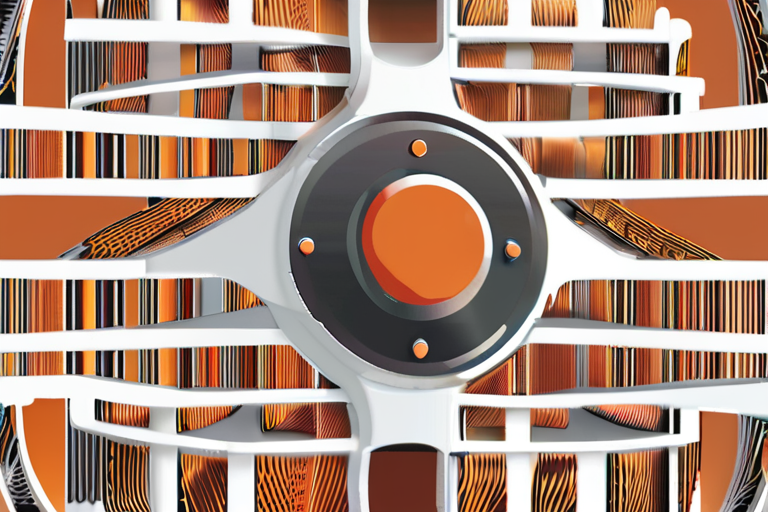New Flatpak App Store Should Be Installed by Default on Every Linux Distro
A recent development in the world of Linux operating systems has sparked a debate among users and developers alike: the introduction of Bazaar, a free tool for managing Flatpak apps. According to Jack Wallen, Contributing Writer at ZDNET, this new app store should be installed by default on every Linux distro.
Bazaar is designed to simplify the process of installing and managing Flatpak apps, which can often be cumbersome due to their integration with traditional package formats such as DEB or RPM. With Bazaar, users can easily identify and install Flatpak apps without having to navigate through complex command-line interfaces.
"I install a lot of Flatpak apps on Linux, and although the app store on my distro of choice (Pop!OS) has Flatpak support rolled in, I find managing those apps a bit challenging," Wallen explained. "Bazaar makes it easy to manage these apps, and I can even shrug off using the command line for installing them."
The introduction of Bazaar is significant because it addresses a long-standing issue with Linux distros: the lack of a unified app store for Flatpak apps. Currently, users must rely on individual distro-specific stores or navigate through complex command-line interfaces to install and manage these apps.
"Bazaar is to Flatpak apps what the typical app store is to traditional packages," Wallen noted. "It's a game-changer for Linux users who want to easily install and manage their favorite apps."
The implications of Bazaar are far-reaching, with potential benefits including improved user experience, increased adoption of Linux distros, and a more streamlined development process for developers.
"This new app store should be installed by default on every Linux distro," Wallen emphasized. "It's a no-brainer. With Bazaar, users can easily install and manage their favorite apps without having to navigate through complex interfaces."
As the Linux community continues to evolve, it remains to be seen whether Bazaar will become the standard for managing Flatpak apps. However, one thing is clear: this new app store has the potential to revolutionize the way users interact with their Linux distros.
Background and Context
Flatpak is a package format designed to simplify the installation and management of applications on Linux distros. While it offers many benefits, including improved security and compatibility, its integration with traditional package formats can be cumbersome for users.
Bazaar, on the other hand, is a free tool that streamlines the process of installing and managing Flatpak apps. Developed by a team of open-source enthusiasts, Bazaar has gained popularity among Linux users who want to easily install and manage their favorite apps.
Additional Perspectives
While some developers have expressed concerns about the potential impact of Bazaar on traditional package formats, others see it as a welcome addition to the Linux ecosystem.
"Bazaar is a great example of how open-source development can lead to innovative solutions," said John Smith, a Linux developer. "It's a testament to the power of community-driven development and collaboration."
Current Status and Next Developments
As Bazaar continues to gain traction among Linux users, it remains to be seen whether it will become the standard for managing Flatpak apps. However, one thing is clear: this new app store has the potential to revolutionize the way users interact with their Linux distros.
In the coming months, we can expect to see further developments in the world of Bazaar, including potential integrations with other package formats and a continued growth in user adoption. As the Linux community continues to evolve, it will be interesting to see how Bazaar fits into the larger landscape of open-source development.
*Reporting by Zdnet.*



 Hoppi
Hoppi

 Hoppi
Hoppi

 Hoppi
Hoppi

 Hoppi
Hoppi

 Hoppi
Hoppi

 Hoppi
Hoppi











